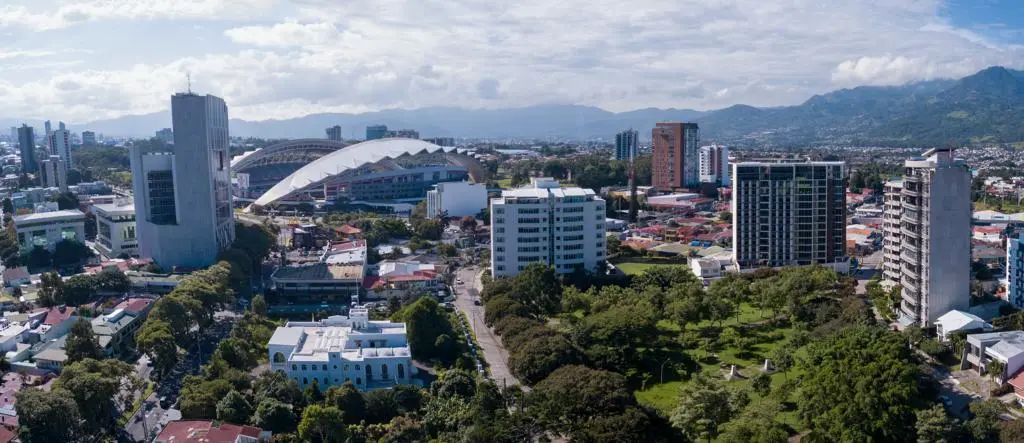Costa Rica, a Central American nation known for its beautiful landscapes and biodiversity, has made significant strides in its development over the past few decades. Many people wonder if Costa Rica should be classified as a third-world country. In this blog post, we will explore Costa Rica’s development journey, its current status, and the factors that have contributed to its global position.
- The Origins of the “Third World” Terminology
The term “third world” originated during the Cold War era, when countries were classified based on their political and economic alignment. First-world countries were capitalist, industrialized nations aligned with the United States and its allies, while second-world countries were socialist, industrialized nations aligned with the Soviet Union. Third-world countries were those that did not fit into either category, generally characterized by low levels of industrialization and development.
- Costa Rica’s Development Progress
Costa Rica has made significant progress in its development over the past few decades. The country boasts a high Human Development Index (HDI) score, which measures life expectancy, education, and per capita income indicators. As a result, the United Nations classifies Costa Rica as a country with high human development.
- Factors Contributing to Costa Rica’s Growth
Several factors have contributed to Costa Rica’s growth and development. These include a stable political system, investments in education and healthcare, and a focus on sustainable tourism and renewable energy sources. Costa Rica has successfully attracted foreign investment and fostered a strong economy, which has led to a higher standard of living for its citizens.
- The Global Position of Costa Rica
Given its development achievements, Costa Rica is often considered a model for other developing nations. The World Bank classifies Costa Rica as an upper-middle-income country, which indicates its relative economic prosperity compared to other nations. Moreover, Costa Rica is an active participant in international organizations, such as the United Nations and the Organization of American States, which further underscores its global standing.
- Moving Beyond the “Third World” Label
In today’s globalized world, the “third world” terminology is considered outdated and even offensive, as it oversimplifies the complexities and diversity of developing countries. Instead, it is more appropriate to evaluate a country’s development based on specific indicators, such as HDI scores and income classifications. In the case of Costa Rica, its high human development and upper-middle-income status clearly indicate that it has moved beyond the traditional “third world” label.
- Embracing a Bright Future
Costa Rica’s commitment to sustainable growth and social progress has set the stage for a bright future. As the nation continues to invest in its people and environment, it is well-positioned to maintain its upward trajectory in terms of development and global influence.
- Lessons from Costa Rica’s Success
Costa Rica’s success story offers valuable lessons for other countries in pursuit of development and progress. By prioritizing education, healthcare, environmental sustainability, and political stability, Costa Rica has managed to foster a prosperous and inclusive society that stands as a testament to the power of well-planned, long-term strategies.
By examining Costa Rica’s development journey and its current status, it becomes clear that this Central American nation should not be classified as a third-world country. With a strong focus on sustainable growth, social progress, and global engagement, Costa Rica has proven that it is possible for countries to overcome development challenges and create a bright future for their citizens. As we continue to navigate the complexities of our interconnected world, it is crucial to recognize and learn from the successes of nations like Costa Rica.

